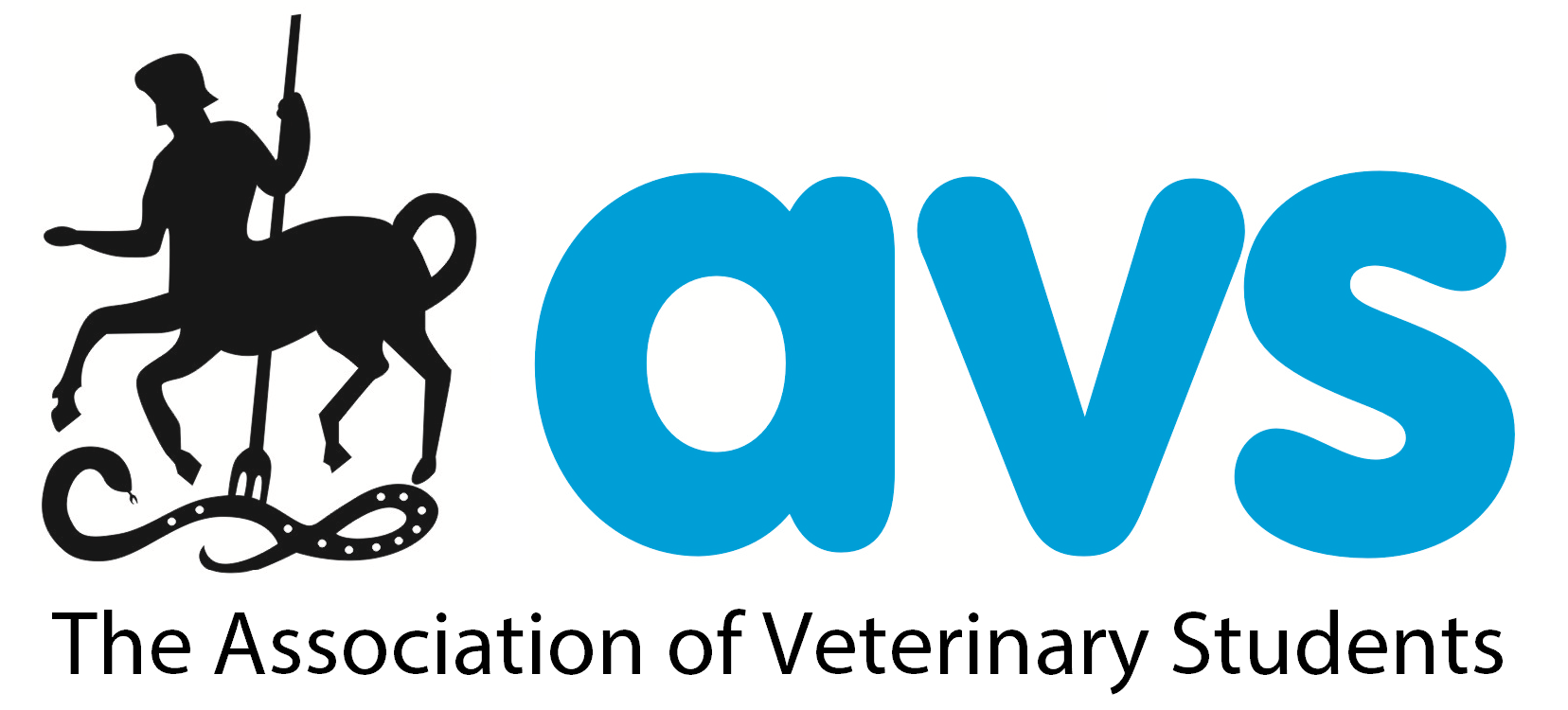Vet News - January, February and March 2018
Vet News - January, February and March 2018
Every three months AVS take a look back at the biggest stories in the vet world. All the full stories can be found on the BVA website.
Brexit
Brexit is clearly a massive area so below is a short summary of the key points that have arisen over the last three months. A summary of the BVA’s Brexit policy can be found on their website.
- Any post Brexit agricultural policy should support animal health and welfare says BVA president John FIshwick. He also emphasised the importance of technolofy, training and cooperation between farmers and vets.
- The BVA is hoping to add veterinary surgeons to the shortage occupation list (where there aren’t enough resident workers to fill vacancies).
- The BVA, the RCVS and Veterinary Schools Council have submitted three requests to the Migration Advisory Committee which aim to protect non-UK citizens who are at UK vet schools (21.6% of vets students are not British Citizens and 22% of vets who work in academia are non-UK nationals).
- Michael Gove (DEFRA Secretary of State) has announced that animal welfare is a public good and therefore could be funded under agricultural policy after the UK leaves the EU.
Other News
The Government is ‘exploring’ a ban on third party puppy sales. This would mean that any potential purchasers would have to deal directly with the breeder or the rehousing centres.
The Government has announced that all wild animals in English travelling circuses will be banned within the next two years. This follows a Scottish ban in December 2017 which will come into force by the end of 2018.
The increase of brachycephalic breeds of dogs seen in general practice is continuing to worry vets. With many owners not recognising the issues and additional costs that these dogs pose the BVA has produced a statement on their position and launched social media campaigns (#BreedtoBreathe and ‘hugs not pugs’) which they hope will help to counter the breeds popularity with celebrities and bloggers.
DEFRA have published an updated draft code of practice for broiler poultry. This highlighted the importance of using welfare outcomes as part of the farm’s health plan. It can be found here.
On 12th January 2018 a case of Avian Influenza was found in seventeen wild birds in Dorset. This led to a prevention zone being put in place as well as increasing bio security.
The Scottish Government has banned the use of electric shock collars and electronic training devices. This follows the decision of the Welsh Government to ban shock collars in 2010. England and Northern Ireland are yet to ban the collars, but a consultation into their use has been launched in England.
Alabama Rot (Cutaneous and Renal Glomerular Vasculopathy) is a potentially fatal disease which may lead to renal damage. It was first identified in 2012 and there have been 29 cases so far in 2018. The cause and prognosis is unknown and the importance of surveillance and monitoring has been highlighted.
The Environment Food and Rural Affairs Select Committee has recommended that the clause in the draft Animal Welfare Bill be removed and is instead calling for an Animal Sentience Bill. The committee raised concerns about the drafting the legislation. The importance of having animal sentience enshrined in UK law has been highlighted by the BVA.


